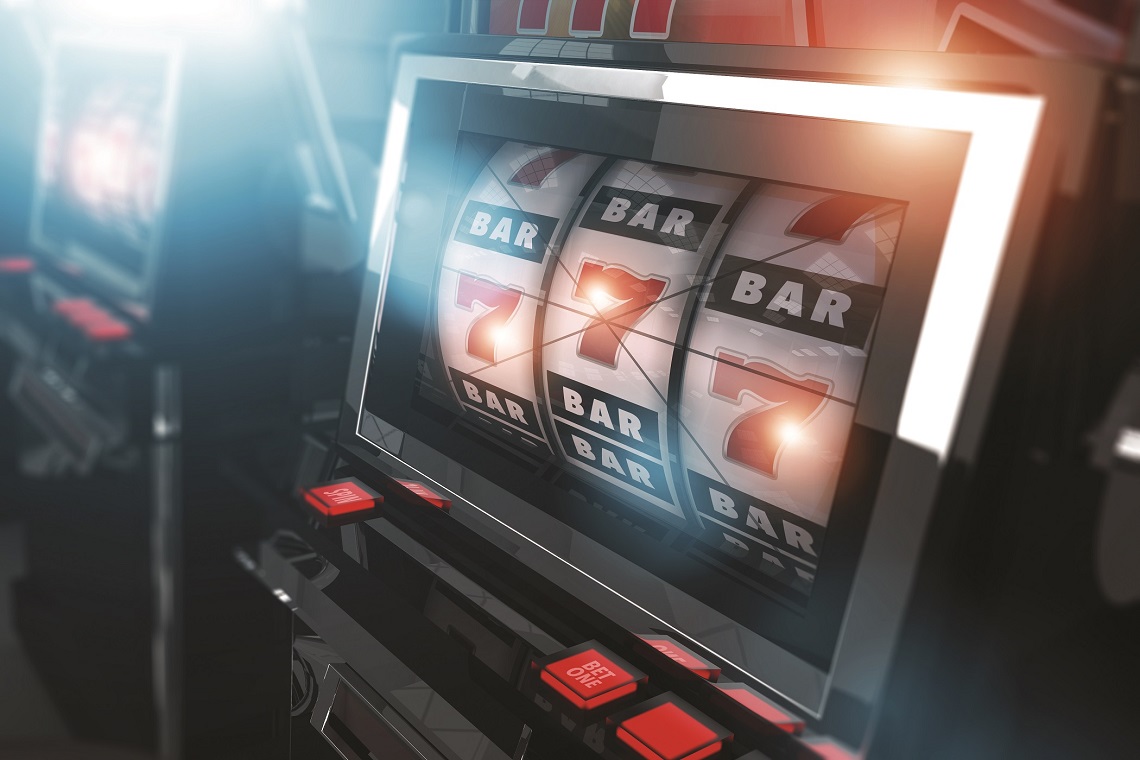Stricter amendments from the review of the Responsible Gambling Mandatory Code of Practice of Tasmania will come into effect on 1 May, and affected parties are not happy with the changes.
There are two major changes that have hoteliers most concerned, one of which restricts cash withdrawals from ATMs in pubs and clubs to $100 – while the limit for casinos remains at $200.
The Tasmanian Hospitality Association (THA) has criticised the changes calling the code “one of the toughest harm minimisation documents in the country”. The THA participated in the review of the Code, but said that its advice was “listened to in some areas and ignored in others.” In the case of ATM withdrawal restrictions, the association believes it will be particularly detrimental to country pubs and will affect tourism in regional areas.
“To even further minimise EFTPOS withdrawals for patrons in gaming pubs is tough for patrons and staff and doesn’t allow any flexibility for country and regional pubs where patrons have limited access to cash options and in many circumstances, the local pub is the only option. As well as the fact that patrons not only seek cash for EGM gaming but seek cash for meals, Keno, UBET, drinks and to pay for their accommodation,” stated CEO Steve Old.
“These changes will further frustrate tourists who travel to our state and they should have the choice to decide how they access their cash and for what purposes, just like they do in other states.”
Alcohol ban
The other major change that has baffled the industry is the total alcohol ban for pubs and clubs while playing, seated or standing at a gaming machine. This restriction has only been imposed between 6pm and close of day within casinos. Old believes this amendment suggests a lack of trust in operators to comply with RSA laws.
“With RSA such a focus in every venue, it is also frustrating to see further restrictions on the service of alcohol around machines. Venue operators should be allowed to service their customers as they choose within RSA laws and within gaming laws as they currently do. There is no evidence to suggest that this and many of the other changes will make any difference to problem gambling rates or individuals.”
Old has called on people to read the Code, and acknowledge the tough position it puts on hotel operators in Tasmania.
“One thing that was very clear in the recent Tasmanian State election was the lack of understanding and knowledge of what the gaming laws and restrictions are in Tasmania by those outside of the industry, and I hope that many of those people take the time to understand the new code…But I won’t hold my breath.”

